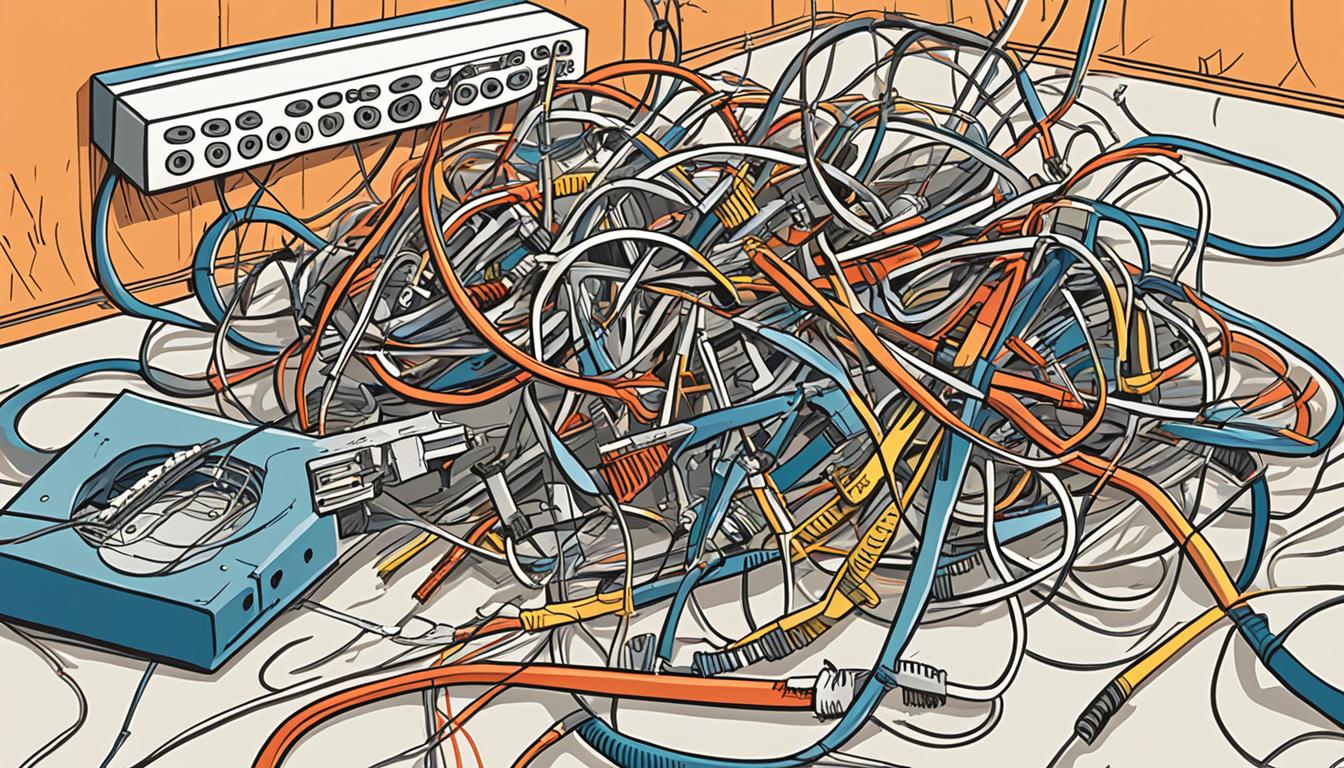We all make mistakes, but some seemingly minor slip-ups can have far-reaching consequences. In this article, we’ll explore the world of small mistakes in life and how they can potentially derail our paths to success and happiness. By understanding these common pitfalls, we can learn to avoid them and make better choices for our future.
Common Small Mistakes That Can Derail Your Life
Let’s dive into some of the most common small mistakes that can have a significant impact on our lives. By recognizing these errors, we can take steps to prevent them and stay on track towards our goals.


These books offer valuable insights into avoiding common mistakes and living life to the fullest. They provide practical advice on making better life choices and emphasize the importance of physical and mental well-being.
1. Neglecting Self-Care
One of the most overlooked small mistakes is neglecting self-care. This can include not getting enough sleep, skipping meals, or failing to take time for relaxation. Over time, these small lapses can lead to burnout, health issues, and decreased productivity.
2. Procrastination
Putting off small tasks might seem harmless, but it can snowball into missed opportunities and increased stress. Procrastination is a common mistake that can significantly impact our personal and professional lives.
3. Poor Communication
Miscommunications or failing to express ourselves clearly can lead to misunderstandings in relationships and at work. This small mistake can have long-lasting consequences if not addressed.
Common Small Mistakes and Their Frequency
The Psychology Behind Small Mistakes
Understanding why we make small mistakes is crucial to preventing them. Often, these errors are rooted in cognitive biases and habitual behaviors that we may not even be aware of.


These resources highlight the importance of understanding our choices and learning from our mistakes. They encourage us to take responsibility for our actions and focus on personal growth.
Cognitive Biases
Our brains often take shortcuts in decision-making, leading to biases that can result in small mistakes. For example, the “optimism bias” might cause us to underestimate the time needed for a task, leading to missed deadlines.
Habitual Behaviors
Many small mistakes are the result of ingrained habits that we perform without much thought. Recognizing and changing these habits is key to avoiding repetitive errors.
Key Points: Common Cognitive Biases
- Optimism Bias: Overestimating positive outcomes, underestimating negative ones
- Confirmation Bias: Seeking information that confirms existing beliefs
- Anchoring Bias: Being influenced by the first piece of information encountered
- Availability Heuristic: Judging likelihood based on easily recalled examples
- Hindsight Bias: Believing events were predictable after they occur
- Sunk Cost Fallacy: Continuing to invest due to past investments
How Do Small Mistakes Have a Big Impact in Bacteria’s Quorum Sensing?
Small mistakes in the process of quorum sensing in bacteria unlock secrets can have a significant impact on their behavior. These microorganisms rely on precise communication through quorum sensing to make collective decisions and coordinate group activities. Even minor errors in this process could ultimately disrupt crucial functions within bacterial communities.
Learning from Small Mistakes: A Path to Personal Growth
While small mistakes can be frustrating, they also present valuable opportunities for learning and personal development. By adopting a growth mindset, we can turn these errors into stepping stones for success.


These resources emphasize the importance of embracing mistakes as learning opportunities. They promote a growth mindset and provide strategies for building resilience and avoiding common project pitfalls.
Embracing a Growth Mindset
A growth mindset allows us to view mistakes as opportunities for improvement rather than failures. This perspective shift can lead to increased resilience and a more positive approach to challenges.
Reflection and Analysis
Taking time to reflect on our small mistakes and analyze why they occurred can help us develop strategies to prevent similar errors in the future.
Develop Self-Awareness
Pay attention to habits, thoughts, and behaviors.
Implement Effective Decision-Making
Pause and consider options before making decisions.
Cultivate Habits That Minimize Errors
Use checklists, set reminders, or establish personal quality control measures.
Seek Feedback and Learn from Others
Ask for feedback and learn from others’ experiences.


